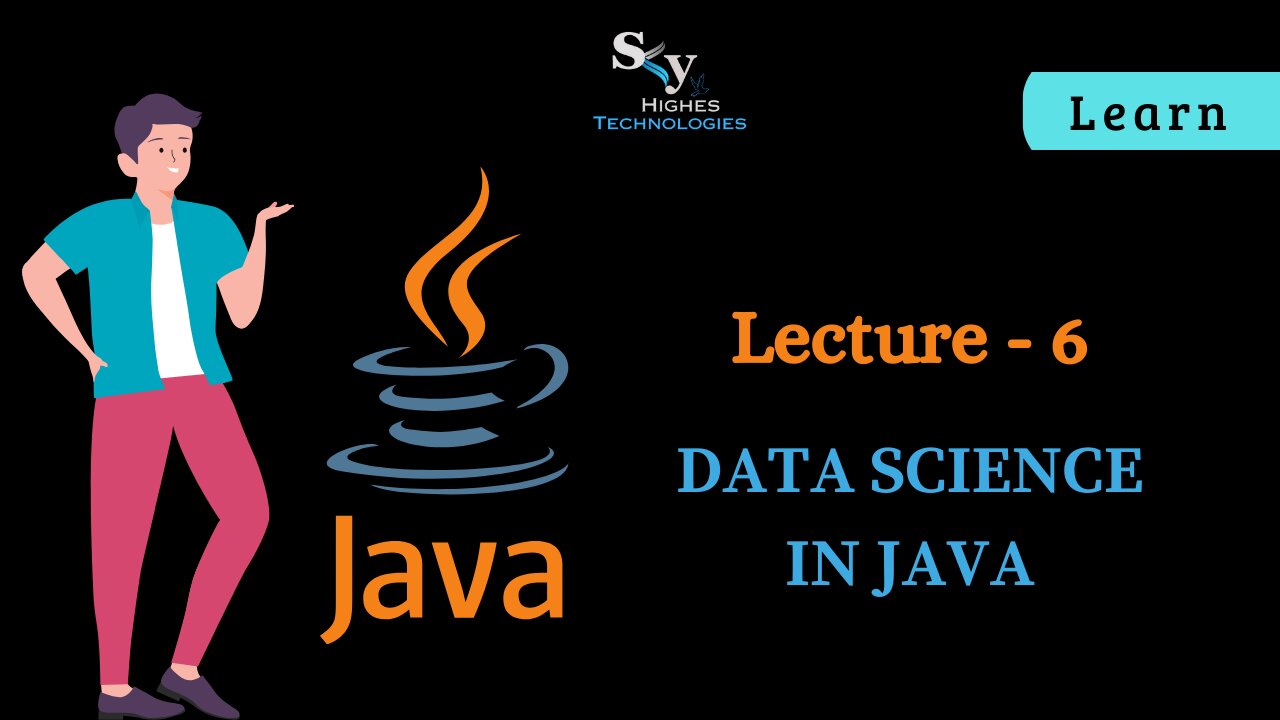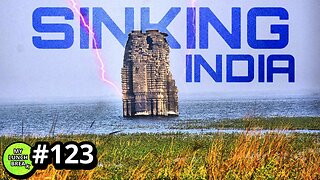Premium Only Content

#6 Data Types in JAVA | Skyhighes | Lecture 6
Here's a description of data types in Java, incorporating images for clarity:
Data Types: The Organizers of Your Data
In Java, data types serve as blueprints for how information is stored and handled in your code. They ensure that variables hold compatible values and that operations are performed correctly. Here's a breakdown of the two main types:
1. Primitive Data Types: The Building Blocks
These fundamental types directly store simple values in memory.
Think of them as individual storage boxes for specific kinds of data.
Image of eight boxes labeled with primitive data types: byte, short, int, long, float, double, boolean, charOpens in a new window
slideplayer.com
eight boxes labeled with primitive data types: byte, short, int, long, float, double, boolean, char
Common Primitive Data Types:
Integer Types:
byte: Stores small integers (-128 to 127)
short: Stores larger integers (-32768 to 32767)
int: The most common integer type (-2147483648 to 2147483647)
long: Stores very large integers (-9223372036854775808 to 9223372036854775807)
Floating-Point Types:
float: Represents single-precision floating-point numbers (approximately 6-7 decimal digits)
double: Represents double-precision floating-point numbers (approximately 15-16 decimal digits)
Character Type:
char: Stores a single character (e.g., 'A', 'b', '5')
Boolean Type:
boolean: Represents logical values, either true or false
2. Reference Data Types: Managing Complex Structures
These types store references (memory addresses) to objects, which hold more complex data structures.
Think of them as pointers to larger containers of information.
Common Reference Data Types:
String: Represents a sequence of characters (text)
Array: Stores a collection of elements of the same data type
Class: A blueprint for creating objects with properties and methods
Choosing the Right Data Type:
Select the appropriate data type based on the nature of the data you need to store and the operations you'll perform on it.
This ensures efficient memory usage and accurate calculations.
Key Points:
Data types are essential for organizing and managing data effectively in Java programs.
Understanding primitive and reference data types is crucial for writing correct and efficient code.
Choose data types wisely to optimize memory usage and accuracy.
-
 22:39
22:39
The Mel K Show
12 hours agoMel K & Representative Brandon Gill | Our Constitutional Republic is Being Restored | 4-26-25
68.7K53 -
 4:17:17
4:17:17
VapinGamers
12 hours ago $6.78 earned📣 Fortnite Family Night! - Games and Dubs with BrianZGame - !rumbot
61.7K4 -
 4:27:48
4:27:48
ThePope_Live
10 hours agoLIVE - First time playing The Finals in over a YEAR! Still good? with @Arrowthorn
46.6K1 -
 3:06:26
3:06:26
TruthStream with Joe and Scott
16 hours agoRoundtable with Patriot Underground and News Treason Live 4/26 5pm pacific 8pm Eastern
75.7K41 -
 8:52
8:52
Tundra Tactical
14 hours ago $10.84 earnedSCOTUS Denies Appeal, Minnesota Courts Deal 2a Win!
68.3K13 -
 10:36:01
10:36:01
a12cat34dog
16 hours agoONE WITH THE DARK & SHADOWS :: The Elder Scrolls IV: Oblivion Remastered :: FIRST-TIME PLAYING {18+}
92.5K7 -
 22:27
22:27
Exploring With Nug
23 hours ago $13.28 earnedSwamp Yields a Chilling Discovery in 40-Year Search for Missing Man!
77K26 -
 1:23:26
1:23:26
RiftTV/Slightly Offensive
17 hours ago $12.56 earnedThe LUCRATIVE Side of Programming and the SECRETS of the "Tech Right" | Guest: Hunter Isaacson
80K38 -
 27:57
27:57
MYLUNCHBREAK CHANNEL PAGE
1 day agoDams Destroyed India
81.9K28 -
 11:42:02
11:42:02
Phyxicx
18 hours agoLast minute practice before Sunday - 4/26/2025
59.9K3